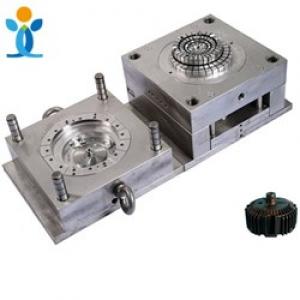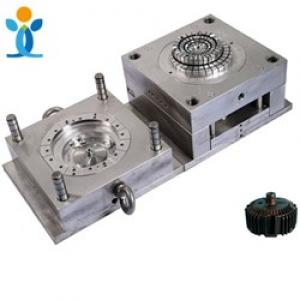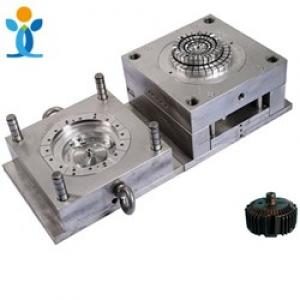injection gate design
how to design the injection gate
(1) Gate
Gate is a short groove with small cross-sectional area, which is used to connect runner and die cavity. The cross-sectional area should be small in order to obtain the following effects:
1) Soon after the mold cavity is injected, the gate is cold
2) Simple water outlet
3) After the water outlet is completed, only a few traces are left
4) The filling of multiple mold holes is easy to control
5) Reduce excessive packing
picture
(2) Gate location and size
1) Placing the gate at the thickest part of the product and pouring from the thickest part can provide better filling and pressure holding effect. If the pressure holding is insufficient, the thinner area will solidify faster than the thicker area. Avoid placing the gate at the sudden change of thickness to avoid hysteresis or short shot.
2) If possible, pouring from the center of the product and placing the gate in the center of the product can provide the same flow length. The size of the flow length will affect the required injection pressure. The central pouring makes the pressure holding pressure in all directions uniform and can avoid uneven volume shrinkage.
3) When the plastic flows into the flow channel, the plastic first reduces heat (cools) and solidifies near the mold surface. When the plastic flows forward again, only the solidified plastic layer flows through. Because plastic is a low heat transfer material, the solid plastic can still flow to form an absolute green layer and a retaining layer.
Therefore, in an ideal situation, the gate should be set at the cross channel layer to make the best plastic flow effect. This is most common in circular and hexagonal cross flow channels. However, trapezoidal cross flow channels cannot achieve this effect because the gate cannot be set in the middle of the flow channel.
When determining the gate position, the following principles shall be strictly observed:
1) The rubber injected into each part of the mold cavity shall be as average as possible;
2) The rubber injected into the mold shall maintain a unified and stable flow front at all stages of the injection process;
3) Possible weld marks, bubbles, pits, voids, insufficient glue injection and glue spraying shall be considered;
4) The operation of the water outlet shall be as easy as possible, preferably automatic;
5) The location of the gate shall match all aspects.
There are no hard and fast rules on the method of gate design, which is mostly based on experience, but there are two basic elements that need to be compromised:
1) The larger the cross-sectional area of the gate, the better, and the shorter the length of the channel, the better, so as to reduce the pressure loss when the plastic passes through.
2) The gate shall be thin and narrow to facilitate cold binding and prevent excessive plastic backflow. Therefore, the gate shall be in the center of the runner and its cross section shall be as circular as possible. However, the gate switch is usually determined by the module switch
(3) Gate size
The size of the gate can be determined by the cross-sectional area and gate length. The following factors can determine the optimal size of the gate:
1) Rubber flow characteristics
2) Thickness of module
3) Amount of rubber injected into the mold cavity
4) Melting temperature
5) Common mode temperature




